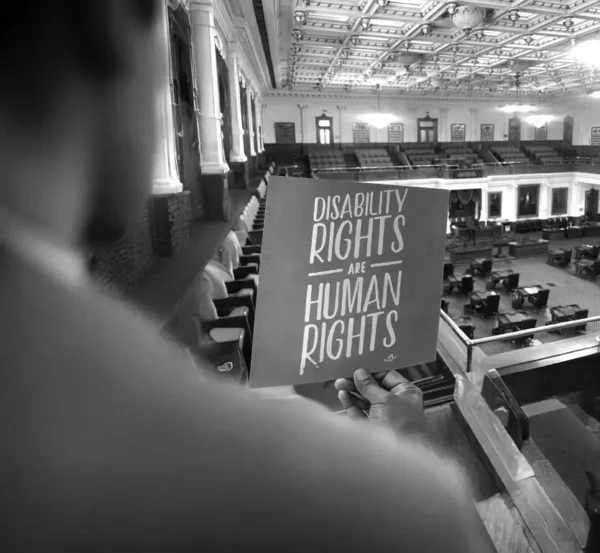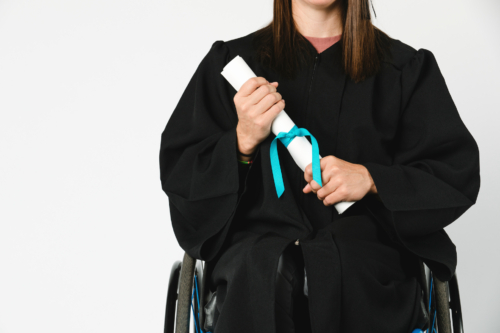Policy & Advocacy
Our Policy Priorities for the 89th Legislative Session: A Roadmap to a More Inclusive Texas
More than 500,000 Texans live with intellectual and developmental disabilities (IDD) and face unnecessary, unfair systemic barriers across…






